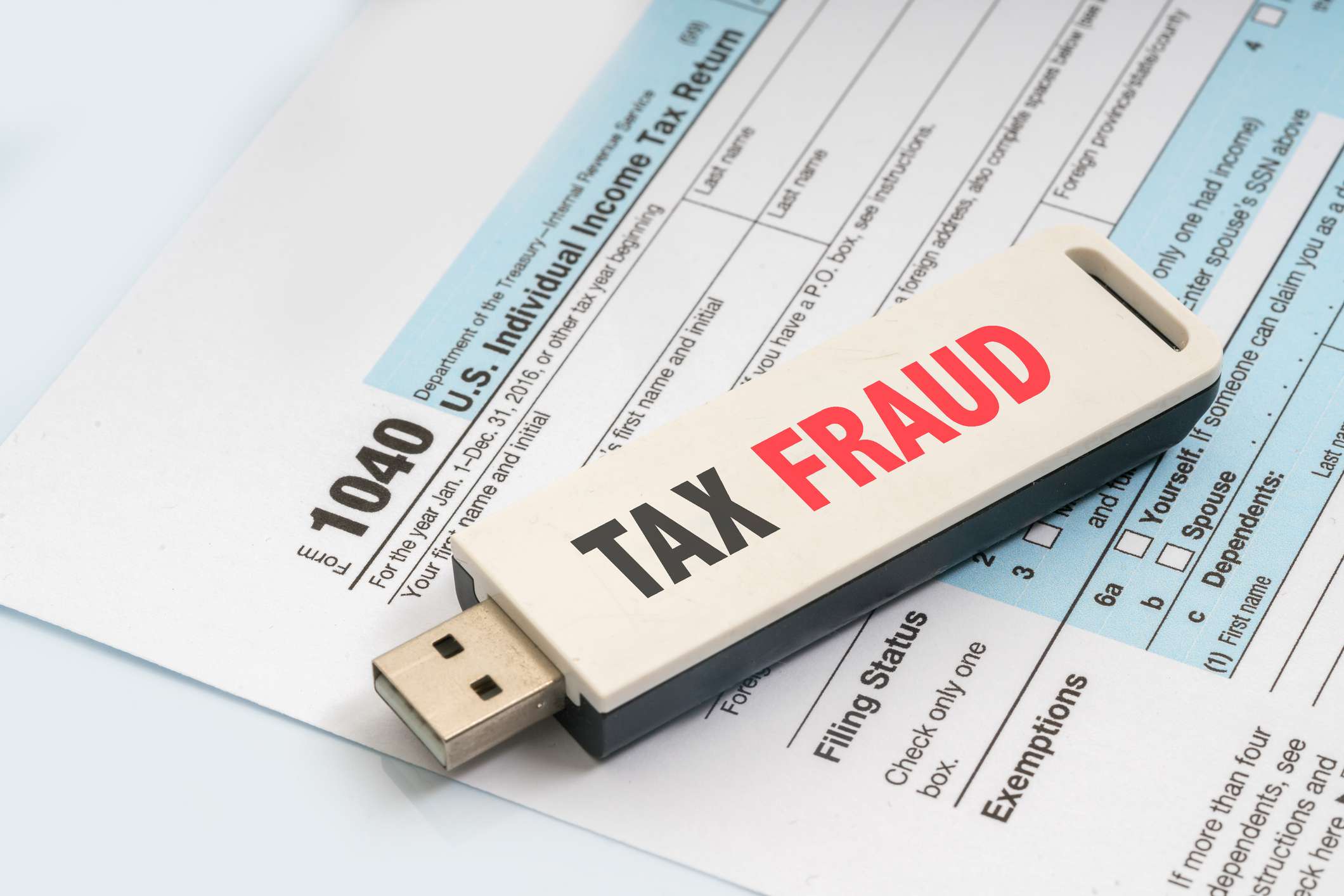The Internal Revenue Service has issued a warning about a new scam in which taxpayers are encouraged to claim false credits on their tax returns in order to receive a large refund. If you fall victim to the scam, you could face a $5,000 fine.
The warning, issued on March 3, focuses on a social media scam that encourages people to use tax software to manually fill out Form W-2 with false income information. Scam artists instruct taxpayers to invent large income and withholding figures, as well as the employer issuing the W-2.
Fraudsters then instruct taxpayers to electronically file the bogus tax return in the hopes of receiving a large refund due to the large amount of withholding. Refunds in the five figures have been promised to some.
“We are seeing signs that this scam is growing, and we are concerned that innocent taxpayers may be tempted into falling into a trap that exposes them to financial and criminal penalties,” acting IRS Commissioner Doug O’Donnell said in a statement. “The IRS and Security Summit partners want people to know that there is no secret way to get free money or a large refund. People should not make up income and file a false tax return in the hopes of receiving a large refund.”
The IRS also reminded taxpayers who attempt the scam that they will face a slew of penalties, including a $5,000 frivolous return penalty. Filers may also face criminal charges if they file a false tax return.

Filing Tax Return to Get a Big Refund: Legit Or A Scam?(Photo: bleepingcomputer.com)
The IRS has also identified two variations of this scheme. Both involve the misuse of Form W-2 wage information in order to obtain a larger refund. This is how they work:
- One variation involves people claiming a credit based on income earned as an employee rather than as a self-employed individual using Form 7202 (Credits for Sick Leave and Family Leave for Certain Self-Employed Individuals). During the pandemic, these credits were available to self-employed individuals for 2020 and 2021 tax returns, but they are no longer available for 2022 tax returns.
- A similar variation involves people creating fictional employees in their household and attempting to claim a refund based on false sick and family wages they never paid using Schedule H (Form 1040, Household Employment Taxes). If a taxpayer hired someone to do household work and those wages were subject to Social Security, Medicare, or FUTA taxes, or if the employer withheld federal income tax from those wages, the form is designed to report those taxes.
If you fell victim to one of these scams, your options include amending a previous tax return or consulting with a tax professional.




















